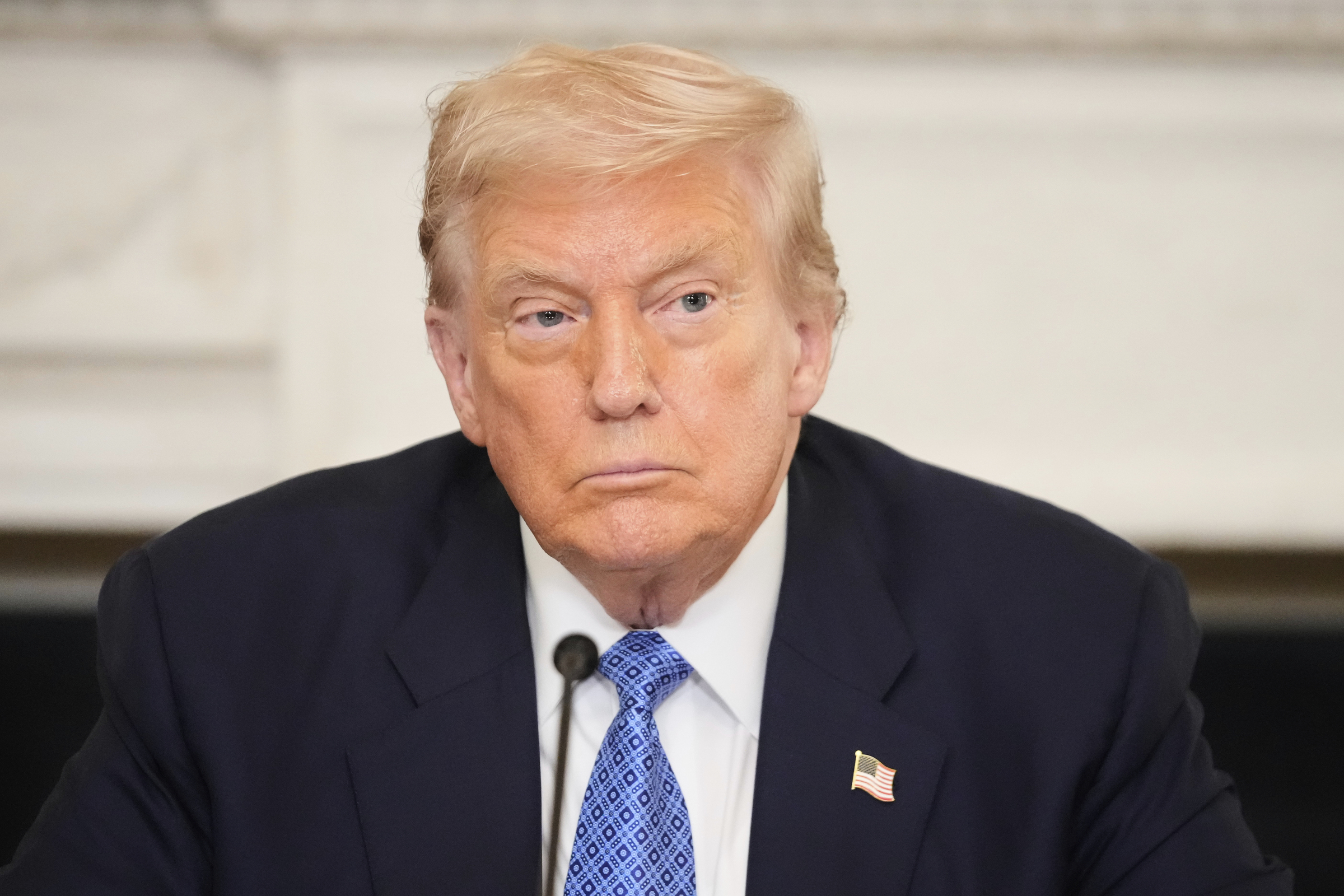This move prevents Chinese goods from being subject to higher tariffs as American retailers prepare for the crucial year-end shopping season. In a previous press conference, when asked about the possibility of extending import tariffs, the US president said, "We'll see what happens". He also praised his good relationship with Chinese President Xi Jinping.
In May, after a meeting in Geneva, Switzerland, officials from the two countries agreed to a 90-day partial postponement of reciprocal tariffs and a significant reduction in import tariffs. Accordingly, the total import tariffs on Chinese goods would temporarily decrease from 145% to 30%. Tariffs on US goods would also drop from 125% to 10%. These rates were effective until 11/8.
 |
US President Donald Trump at the White House on 9/8. Photo: AP |
US President Donald Trump at the White House on 9/8. Photo: AP
"This is positive news. The de-escalatory steps taken by the US and China in recent weeks show that both sides are working towards an agreement, laying the groundwork for a meeting between the two leaders this fall," said Wendy Cutler, a former senior US trade official.
Last week, Trump said the US and China were very close to a trade agreement. He stressed that he could meet with Xi later this year if an agreement is reached.
On 29/7, US and Chinese officials concluded two days of negotiations in Stockholm, Sweden, but did not announce the outcome of the meeting. US officials at the time said the decision on whether to extend the tariff postponement rested with President Trump.
Previous rounds of talks in Geneva and London significantly lowered import tariffs imposed by Washington and Beijing on each other. The flow of rare earth minerals, AI chips, and many other goods between the two countries was also restored. In London, the US and China also announced a framework agreement to end the trade confrontation and address export restrictions on certain goods.
According to data from the US Department of Commerce, imports from China increased sharply earlier this year to avoid Trump's tariffs. However, this activity declined sharply in June. The US trade deficit with China decreased by more than 30% in June to 9.5 billion USD, the lowest in over 20 years.
Despite this, Washington has recently been putting pressure on Beijing to stop buying Russian crude oil. Last weekend, Trump also urged China to quadruple its purchases of US soybeans to reduce the trade deficit.
Ha Thu (Reuters)












